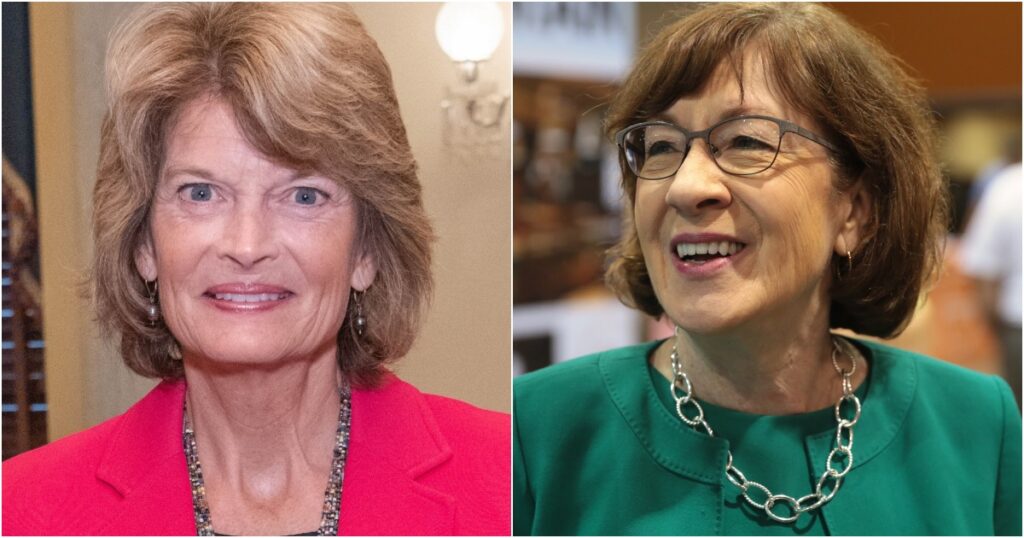In March 2021, a significant political decision was made when twenty Republican Senators voted to confirm Merrick Garland as the Attorney General of the United States. This choice has since been criticized, especially as Garland oversaw actions perceived as legal attacks against former President Donald Trump and his supporters. His infamous oversight led to unprecedented actions, including the August 2022 raid on Trump’s residence, which intensified scrutiny of his role in the justice system. As political tides shift, these past decisions have resurfaced, particularly in reaction to current events surrounding the nomination of a new Attorney General.
Recently, President Donald Trump made headlines by nominating Matt Gaetz, a staunch conservative congressman, for the Attorney General position. This decision was made shortly after Trump made a powerful political comeback, reclaiming the White House with a resounding victory in the popular vote and regaining both the Senate and the House of Representatives in an election characterized as the strongest showing for Republicans since 1988. Gaetz’s nomination not only reaffirmed Trump’s commitment to conservative values but also ignited a cascade of reactions from various political factions, particularly from those who are positioned against Trump and his supporters.
Responses from the left were swift and vehement, reflecting their alarm over Gaetz’s appointment. High-profile figures such as Adam Schiff and Eric Swalwell expressed their concerns, indicating that the selection of someone like Gaetz, known for his outspoken approaches, could significantly shift the direction of the Justice Department. The apprehension from the left highlights Gaetz’s controversial persona and steadfast conservative principles, which stand in stark contrast to what they support. The tension surrounding Trump’s administration continues to intensify with each nomination, particularly when it comes to contentious figures like Gaetz.
However, not all Republicans were supportive of Gaetz’s nomination. Senators Susan Collins and Lisa Murkowski, both labeled as “RINOs” (Republicans In Name Only), openly rejected the idea of supporting Gaetz as Attorney General. Collins expressed her shock at the nomination and emphasized the need for thorough questioning during the confirmation process. Murkowski criticized Gaetz, deeming him not a serious choice for the position, despite her own controversial history, such as her repeated failures on the bar exam, which adds an ironic twist to her critique of Gaetz’s qualifications. Their dissent underscores the ongoing ideological battles within the Republican Party and raises questions about party unity in the face of a Trump-led agenda.
Some GOP figures, however, have taken a more measured stance. Senator Lindsey Graham, for example, acknowledged Trump’s right to nominate his cabinet and gave a tepid endorsement of Gaetz, stating he is “very bright” and “qualified.” While voicing his support, Graham’s comments reflect a struggle to balance loyalty to Trump with the broader political realities and divisions within the party. His openness indicates a cautious acceptance that might be pivotal as the nomination process unfolds, amid predictions of a contentious hearings challenging Gaetz’s credentials due to his polarizing reputation.
As the political environment becomes increasingly fraught, the fallout from Trump’s stringent focus on election integrity remains crucial for many Republicans. The recent elections revealed deep concerns about the integrity of the voting process, particularly with purported “stolen” Senate seats in key states. Allegations surrounding election manipulation underscore the desperation among Trump’s supporters to restore faith in the electoral system while confronting the challenges posed by dissenting party members. The appointment of Gaetz could become a focal point in this broader struggle, as he embodies the fierce commitment to the themes of loyalty, integrity, and the fight against perceived injustices in American politics. Thus, Gaetz’s potential confirmation is not just about filling a position but also central to understanding the future trajectory of the Republican Party under Trump’s influence.

